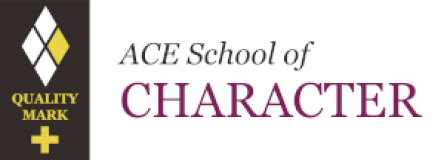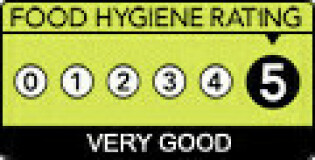Anti-Bullying
Bullying is the infliction of repeated attacks, physical, psychological, social or verbal in nature, with the intention of causing distress to others. It can be particularly distressing to draw attention to a person’s physical appearance and/or disability (including those with special educational needs). Bullying is not tolerated at Barking Abbey.
PREVENTATIVE MEASURES
-
Firstly we acknowledge that bullying happens in all schools, including Barking Abbey. It is distressing to the victims and represents a problem that has to be addressed seriously.
-
It will be made clear to all pupils that bullying is not acceptable. Pupils are encouraged to report any incidents to their Pastoral Team or any member of staff and these are investigated promptly. We aim to create a climate of trust in which reporting to an adult is the normal response to bullying rather than passive acceptance or violent reaction.
-
Part of our PDC programme involves anti-bullying education in which the following points will be stressed:
-
What bullying is and how to recognise it.
-
Why it is done and what makes a bully.
-
Who does it – the stereotypes of bullies/understanding the bully.
-
What to do if you are a victim – inform staff, how to avoid it, coping strategies.
-
Professional training is available to promote staff understanding of the problem of bullying.
-
All staff involved in supervision of pupils are all briefed to watch out for signs of bullying.
FOLLOW UP TO INCIDENTS
-
Allegations of bullying or violence will be investigated initially by the Pastoral Team.
-
Parents will be alerted where, in the professional judgement of those responsible for the implementation of pastoral policy, the incident is sufficiently serious to warrant such action.
-
Punishments imposed will match the severity of the offence, in accordance with the school’s behaviour policy.
-
In cases where a group are found to be persecuting a pupil not only may punishments be imposed but efforts will be made to identify underlying causes to enable those involved to move towards a better quality of school life.
-
If necessary, the Head of Year will recommend to the Headteacher that a student be temporarily or permanently excluded for bullying.
BULLYING
A concern for others lies at the heart of Barking Abbey. Each and every one of us can help to create an atmosphere of friendly co-operation. All pupils at Barking Abbey have the right of freedom from bullying.
The bully’s aim is to inflict physical pain or emotional distress through persistent taunting, mockery or intimidation. Bullying is thus different in both kind and degree from minor teasing or the ordinary ‘give-and-take’ of school life.
Bullies and their victims may be of any age, size or physical strength.
When bullying has taken place, those who know of it, besides the bully and his victim, will probably include other pupils and possibly some parents.
It is vital that all who know of bullying should report it immediately to their Pastoral Team, academic mentor or any other member of staff.
The reporting of bullying, even anonymously, is by no means to be regarded as “snitching”: it is absolutely and always the right thing to do – indeed, it is a duty for every member of the School.
The School’s position is that it regards bullying as entirely unacceptable. This means that a bully can expect, as appropriate, advice, reprimand or punishment. Serious or persistent offence may incur an exclusion.







